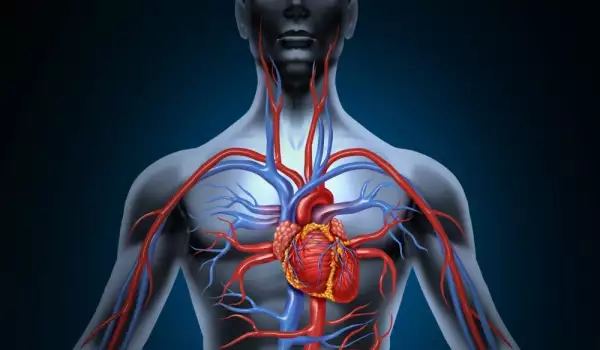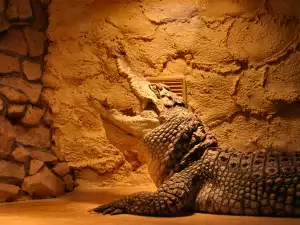The human body is an entire Universe of facts, both solved and unsolved by scientists. The anatomy of man is still to this day a subject of various studies, with some interesting facts about it already evident.
1. The human body has useless organs.
Not a single scientific study has managed to reveal the main purpose of the tonsils, sinuses, tail and appendix in the human body.
Doctors know a lot about the function of the sinuses and some theories suggest that they protect our eyes from internal pressure. According to other scientific theses, the sinuses help us alter the height and tone of our voice.

2. There is gold in the human body.
In every human body, there are roughly 0.2 mg of pure gold. It is not known what type of role this amount of gold plays in our physiological processes, but it has been discovered that it helps keep joints healthy and that gold is the main element by which electrical signals are sent in the body.
3. After the brain, the eye is the second most complex organ in the body.
Even the slightest noise makes our pupils dilate. It is believed that that is why surgeons, watchmakers and others that perform delicate hand operations are so disturbed by unexpected noises.

The human eyeball weights 1 oz (28 g) and is able to distinguish between 500 shades of grey.
4. The phenomenal abilities of the human nose.
Women are born with and have a better sense of smell than men. Studies have shown that women are more capable of correctly identifying specific smells.
The human nose remembers about 50 000 different scents, with every single scent capable of creating memories.
Each person has their own unique scent, with the exception of identical twins, which can only be discerned by their biological mother.
5. The longest cell in the human body is as long as the spinal cord.
The longest cell in the human body is the pseudounipolar nueron, which goes along the spinal cord and can be almost as long as the height of a person.









